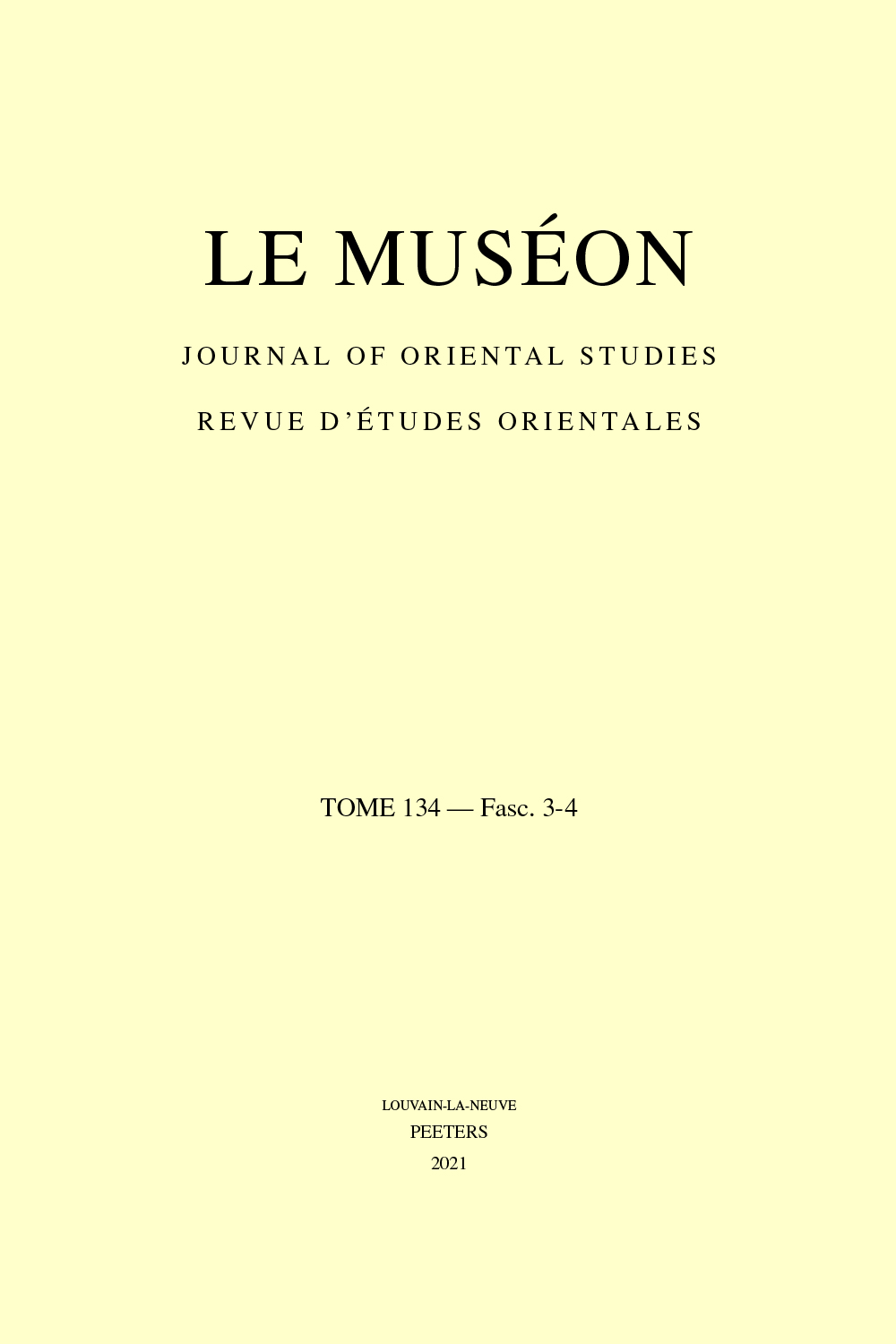 previous article in this issue previous article in this issue | next article in this issue  |

|
Document Details : Title: The Significance of Gregory the Theologian's Works for the Georgian Literary Tradition Author(s): BEZARASHVILI, K. Journal: Le Muséon Volume: 118 Issue: 3-4 Date: 2005 Pages: 269-297 DOI: 10.2143/MUS.118.3.2004463 Abstract : The article analyses the conceptual influence of Cappadocian Father's, namely Gregory Nazianzen's works, on literary processes in Georgia in the Middle Ages. For this purpose the history of translation of Gregory's works into Georgian is presented. The way from Athos' literary-theological school to the Hellenophilism in Georgian literature obviously shows the development of Georgian literature (translated, as well as original) from plainness to a complicated Hellenophile style. The latter implied the cultural orientation towards Byzantine literary processes. The Hellenophile outlook renowned Georgian theologian and translator Ephrem Mtsire's (11th century) and his grammatical-hermeneutical and literary-theoretical concepts and terminology which were worked out mainly in the process of translating Gregory the Theologian's writings became the basis for the further literary processes in Georgia. The direction of Ephrem's thinking prepared the basis for the favorable attitude of the original literature towards Hellenic education and its literary-philosophical forms. The conceptual models and paradigms of the Cappadocian Fathers on the interrelation between pagan, classical literary-philosophical form and Christian contents were rendered into Georgian literature mainly with the help of Ephrem's translations of Gregory's works and its commentaries. These models also deeply influenced the development of secular literature in Georgia and defined its origin from Byzantine esthetics. Thus Ephrem Mtsire's activity based on Cappadocian thought is of great importance for determining the tendencies in Georgian culture. |
|
